Roughly two years ago Derek Chauvin was convicted of murder which occurred during the arrest of George Floyd. During the trial it was made clear with findings by the Court that Officer Chauvin had committed Abuse of Authority, used Excessive/Lethal Force, made False Statements, and ultimately been Convicted of a Crime of moral turpitude [murder]. Further disclosures during the trial demonstrated that Officer Chauvin had a long history of Public Complaints and Use-of-Force reports alleging almost identical behavior throughout his career. Any one of these acts of misconduct should have gotten Derek Chauvin:
- Classified as a Brady Cop in the Minneapolis Police Department;
- Placed on a Do-Not-Call List with a Giglio letter in the Hennepin County Attorney's Office; and,
- Decertified by the Minnesota Board of Peace Officer Standards and Training [MNPOST] Department.
The problem is: none of this has happened.
Here is what should have happened...
In 1963 the Supreme Court of the United States [SCOTUS] decided the case Brady v Maryland [373 U.S. 83]. Brady is a fundamental case that recognizes the unequal distribution of power to the benefit of the Court, prosecutors, and law enforcement and thereby creates an obligation toward justice under the concept of 'fair trials', upon prosecutors, to disclose exculpatory and impeachment evidence:
any information about all individuals upon whose testimony will be relied
In this sense, Brady is not about police misconduct or accountability; it is about evidence. As Brady obligates the prosecutor both perpetually and retroactively, all of Derek Chauvin's professional history including the public complaints and use-of-force reports should have counted as Brady material and disclosed by the prosecutor of every criminal proceeding in which Chauvin testified or made statements subsequently; and, upon Chauvin's conviction - every single case that Chauvin had offered testimony or made statements must be notified [retroactively] that there now exists direct exculpatory evidence about the character of (then) Officer Chauvin.
Brady provides for remedies and sanctions...
As a universal remedy Brady directs that any defendant convicted of a crime without the benefit of known exculpatory, or impeachment, evidence will be granted a new trial or sentencing, depending on how the original evidence [testimony] was used. Brady further states:
all evidence will be interpreted in the light most favorable to the defendant
Under another SCOTUS decision: United States v Ruiz [536 U.S. 622] this obligation to disclose is included in plea bargains prior to the plea being accepted. Therefore, any case to which Officer Chauvin contributed must have been notified by the prosecutor that impeachment evidence did exist; and, must be notified by the prosecutor that new exculpatory evidence does exist. Retroactive notification is usually accomplished through a Conviction Review Unit [CRU].
Any prosecutor who fails or knowingly refuses to distribute exculpatory evidence under Brady is subject to sanctions. SCOTUS has deemed the failure to fulfill the obligations of the prosecutor as prosecutorial misconduct; and, this type of manipulation of the Justice System is "rampant" according to Alan Dershowitz [Harvard Law School]. State Bars, as regulators - not associations, are tasked by the power granted from individual State Constitution to the State Supreme Court to supervise the professional conduct of prosecutors. All States have some version of Rule of Professional Conduct 3.8(g): Special Responsibilities of a Prosecutor. Unfortunately, these types of cases are not proactively examined by the Minnesota State Bar; and, complaints of this nature are often ignored as the pleadings of a convicted individual. In the case of Chauvin, Hennepin County Prosecutor's Office has admitted publicly to not disclosing any impeachment evidence [Brady material] with regard to police misconduct historically; and, in the two years since George Floyd's death and full year since Chauvin's conviction, have not demonstrated any intention of notifying defendants of the new exculpatory evidence. The open refusal of the Minneapolis Police Department to maintain such records does not relieve the prosecutor's obligation.
It is likely that if this number of cases all made a motion requesting a new trial simultaneously - the Court simply could not handle the case load under the already absent standards of 'speedy trial'. Additionally, if every case affected resulted in the sanctioning, and potential disbarment, of the prosecutors responsible - Hennepin County would not have sufficient prosecutors with which to proceed. This creates an interesting perfect storm. Hennepin County Prosecutor's Office could choose to not retry the cases - regardless of their perceived guilt or innocence; but, if this choice was made, which is highly likely given the time frame for most cases and the proclivity for plea bargains, the convictions would be overturned and expunged. At this point the cases would all count as wrongful convictions resulting in yet another flush of civil suits to be settled, and paid, by the tax payers [predominantly land owners] of Hennepin County, Minnesota.
Moving forward...
It is essential that fair trials, civil and human rights, and police and prosecutor accountability be utmost in the minds of the people of Hennepin County. A Conviction Review Unit must be coordinated every single time a conviction of a law enforcement officer, prosecutor, or judge is made; and, in the light of the obvious systemic failures, a Conviction Integrity Unit [CIU] should be convened in order to remove ineffectual policies and restore proper operating standards and procedures. Above all - the System must work to restore the TRUST or the people that has been deservedly lost.
- Minneapolis Police Department must maintain a viable, real-time, and public facing Brady List to address wide-spread police misconduct;
- Hennepin County Prosecutor's Office must participate in proper, complete, and timely disclosure of Brady material in all criminal cases;
- The Minnesota State Bar must proactively review, identify, and hold accountable this endemic prosecutorial misconduct; and,
- Hennepin County District Criminal Courts must mandate proper disclosures and ensure fair trials.
The purpose of a Conviction Review Unit [CRU] is to identify, remedy, and prevent wrongful convictions. The CRU conducts an initial screening process to identify plausible claims of innocence on behalf of convicted defendants. For claims that merit review, the CRU then conducts a more detailed investigation of the claim. The CRU generally consists of dedicated attorneys, investigators, and support staff. An independent Civilian Review Panel [CRP] composed of non-lawyers from outside of the respective prosecutor's office collaborates with the CRU to provide additional analysis and evaluation of cases. If following the review and investigation, the CRU identifies a wrongful conviction, the prosecutor's office will remedy the conviction, possibly by dismissing the underlying charges and convictions and will take appropriate measures to prevent similar wrongful convictions.
The purpose of a Conviction Integrity Unit [CIU] is to identify, remedy, and prevent systemic inequities within the justice system, including:
- selective enforcement
- abuse of discretion
- lack of accessibility
- biased judgements, rulings, and procedures
- excessive bureaucracy
Prosecutor misconduct is rampant in the United States; and by far the number one cause of prosecutorial misconduct is the failure or refusal to disclose exculpatory evidence - and that is why the Brady List exists as a public-facing platform.


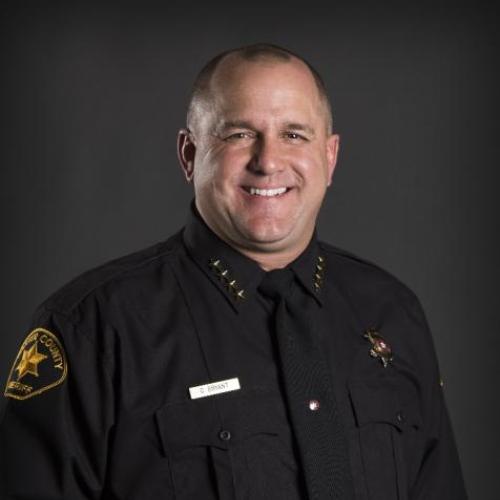
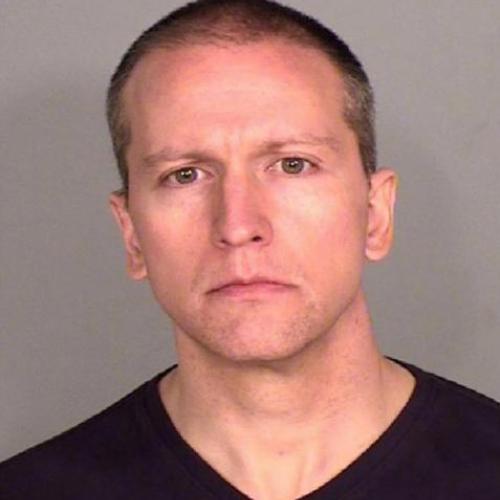
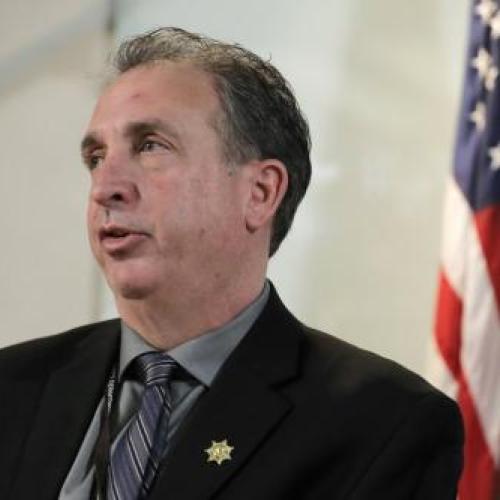
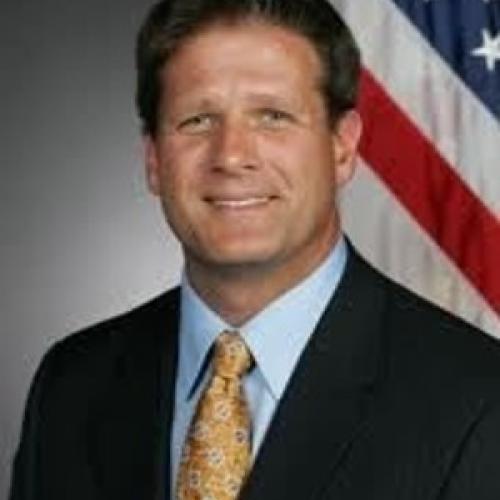
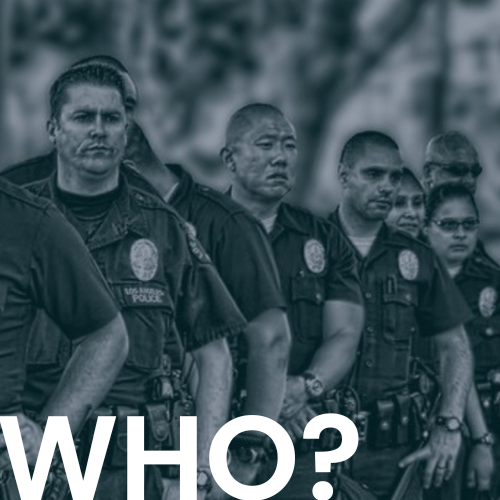
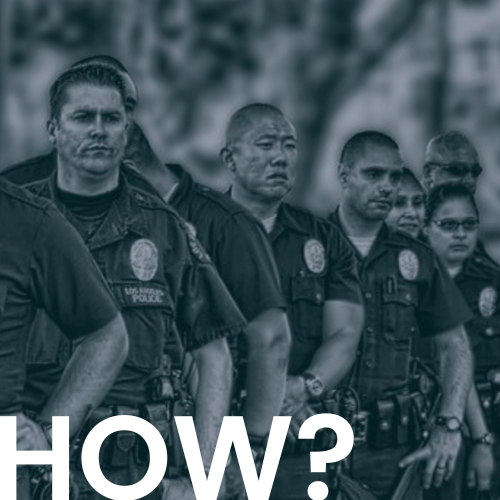

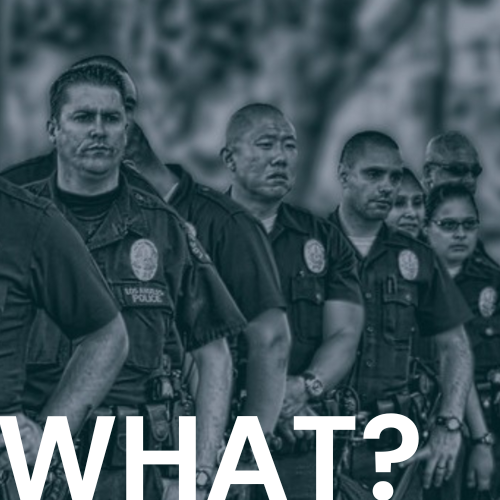
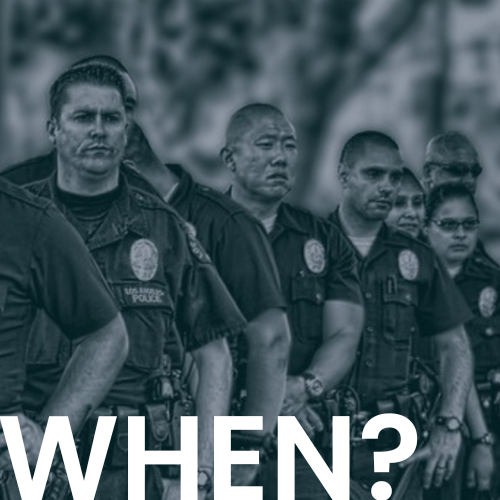
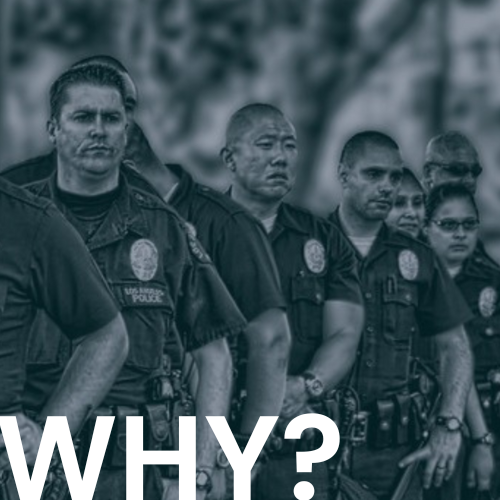
![Peace Officer Standards & Training [POST] Departments Peace Officer Standards & Training [POST] Departments](/sites/default/files/styles/large/public/2023-07/Brady.png?itok=xsIFvU8R)
![Organizations [Law Enforcement et al.] Organizations [Law Enforcement et al.]](/sites/default/files/styles/large/public/2023-07/Brady%20%282%29.png?itok=H7Pj15F8)

